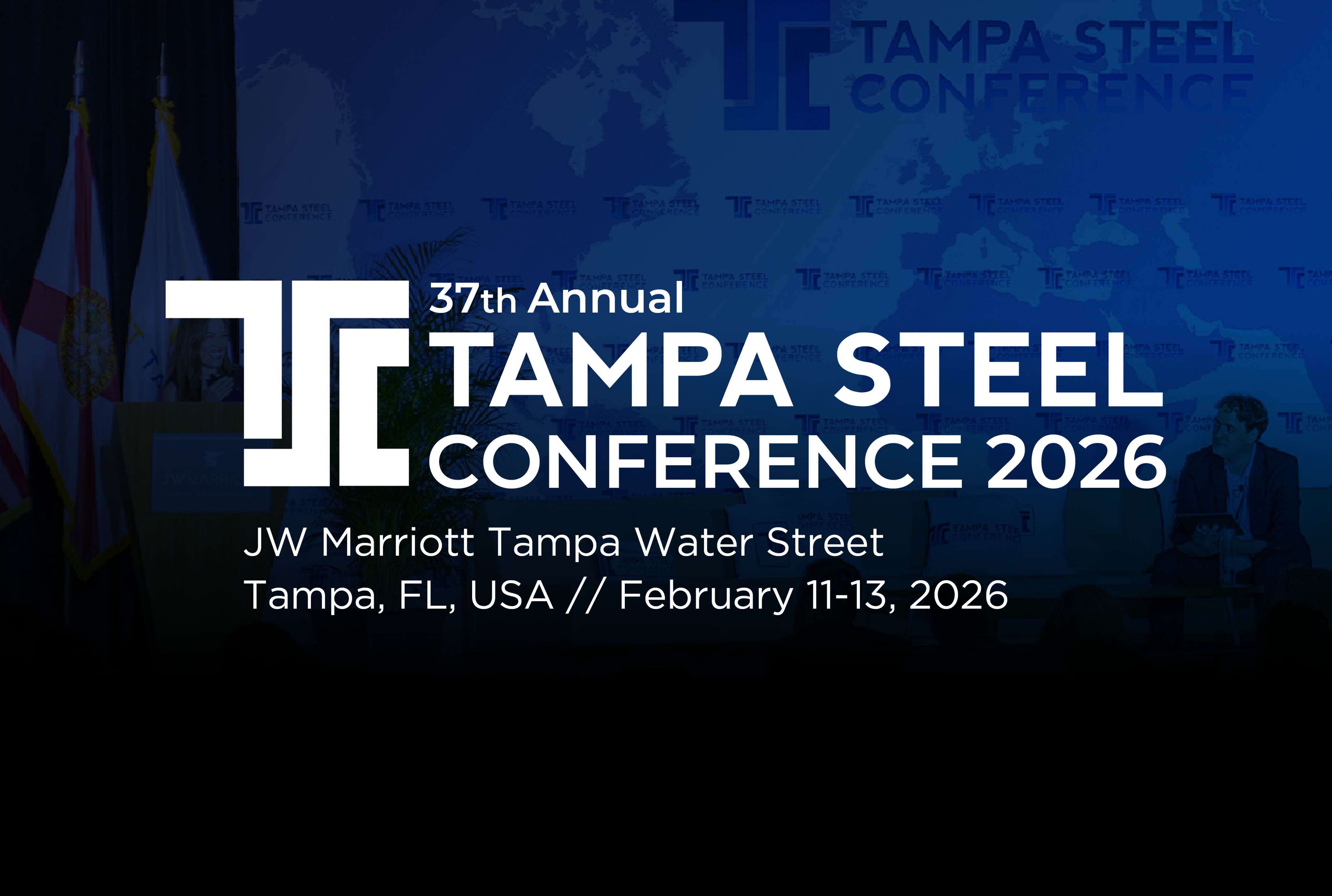Community Events

November 18, 2021
Leibowitz: EU TRQ is a Template for Future Trade Deals
Written by Tim Triplett
The Oct. 31 agreement between the U.S. and the EU to replace Section 232 with a tariff-rate quota (TRQ) will likely serve as a model for similar trade deals with other countries that are chafing under the Trump-era tariff, said veteran Washington trade attorney Lewis Leibowitz during Wednesday’s SMU Community Chat.
![]() The Biden administration began trade talks this week with Japan on subjects ranging from supply chains to semiconductors, as well as the 25% tariff on steel and 10% tariff on aluminum exports from Japan to the United States. “I think the agreement with the EU will be the template the U.S. insists upon, and I have seen no evidence that Japan will quarrel with that approach. If Japan agrees to it, then that will be the template going forward,” Leibowitz predicted.
The Biden administration began trade talks this week with Japan on subjects ranging from supply chains to semiconductors, as well as the 25% tariff on steel and 10% tariff on aluminum exports from Japan to the United States. “I think the agreement with the EU will be the template the U.S. insists upon, and I have seen no evidence that Japan will quarrel with that approach. If Japan agrees to it, then that will be the template going forward,” Leibowitz predicted.
Other nations likely to seek similar consideration include Argentina, Brazil and South Korea, whose exports to the U.S. are now limited by hard quotas. The TRQ with the EU allows member nations to ship certain amounts of individual products to the U.S., after which the Section 232 tariff rates kick back in. Turkey is another major steel producer that has protested the tariffs.
The TRQ is actually 54 quotas on 54 different steel products that must be divvied up between the EU’s 27 member states. The total cannot exceed 3.3 million metric tonnes in a given year, and no more than 30% can enter the U.S. in a single quarter. Companies that have been granted relief from the Section 232 tariffs because an essential item was unavailable domestically will retain those product exclusions for two years. Administering the complex rules of the TRQ promises to be a challenging task for the trade partners, Leibowitz noted.
Adding another layer of complexity, steel exported to the U.S. must be certified as “melted and poured” in the EU to be eligible for tariff-free entry. Thus preventing coils made from slabs produced in China or Russia, for example, from circumventing U.S. trade rules by first passing through the EU. How such certification will be documented is a work in progress, Leibowitz said, and it’s unclear what will be required of buyers.
Negotiations with the EU and Japan are not solely about restricting their exports to the U.S. to protect domestic steelmakers from unfair competition. “The U.S. is looking for support from other countries in addressing global overcapacity. One way to do that it is to differentiate between steel that is cleanly produced and steel not cleanly produced,” Leibowitz explained.
In line with its ambitious environmental goals, the Biden administration hopes to encourage imports of “clean steels,” such as those made in scrap-based electric arc furnaces, while restricting “dirty steels” from countries that rely heavily on carbon-intensive blast furnace production. Ultimately, if nations such as China can no longer find enough buyers interested in their “dirty steels,” they will have to retire their blast furnaces and replace them with more environmentally friendly technology, so the theory goes.
Center stage at the recent COP26 UN Climate Conference was discussion of a possible carbon border adjustment mechanism, which would apply duties to imports based on how much carbon was emitted in their production. “The U.S. is likely to be kinder to those countries that are historic allies and willing to participate in those issues [addressing CO2 emissions and global overcapacity],” Leibowitz said.
Did the COP26 climate conference produce any meaningful breakthroughs? “Climate advocates were disappointed with the final results, but it is a process,” Leibowitz added. “Government is now injecting itself into the market in an increasing way. What government thinks is important and can matter.”
Editor’s note: Missed the presentation by Lewis Leibowitz? It’s not too late. Click here for a recording. Our next free Community Chat webinar is tentatively scheduled for Wednesday, Dec. 1, at 11 a.m. ET.






